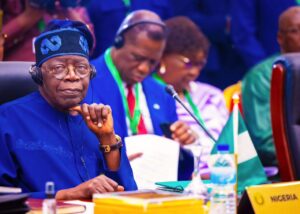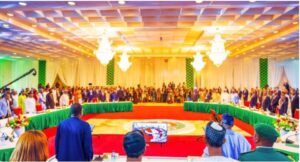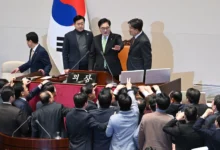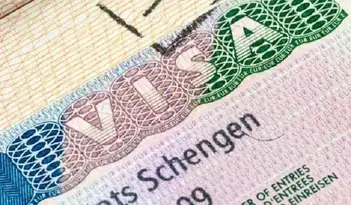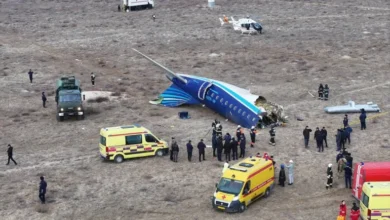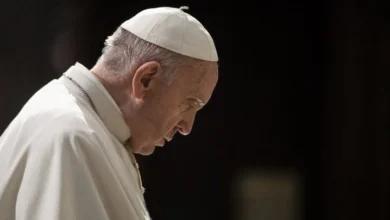ECOWAS targets free movement protocol across West Africa

The Economic Community of West African States Parliament convened on Monday in Banjul, The Gambia, to advance the implementation of a crucial protocol that facilitates the free movement of persons, the right of residence, and the establishment of businesses across the region.
This five-day session, themed “Parliament’s Role in the Implementation of the Protocol on the Free Movement of Persons, Right of Residence, and Establishment in the ECOWAS Region,” brought together parliamentarians from across West Africa to discuss the challenges and opportunities in realising the goals of the protocol.
The protocol, initially adopted on 29 May 1979, is a cornerstone of ECOWAS’s vision for deeper regional integration and economic cooperation among its member states.
In his opening remarks, The Gambia’s Minister of Trade, Industry, Regional Integration, and Employment, Baboucarr Joof, reaffirmed his country’s commitment to the principles of regional integration.
Joof urged fellow parliamentarians to strengthen legislative support for the protocol and to collaborate closely with national governments to overcome any obstacles to its implementation.
“The theme for this meeting is self-explanatory and, in many ways, fundamentally overarching in relation to the totality of the objective for which ECOWAS as a body was established.
“Therefore, the free movement of people, the right to residence, and the concept of an unhindered opportunity for the community of the region to establish businesses freely across our borders are not just principles enshrined in our protocols—they are the true objectives of ECOWAS, the very foundation of the unity, economic integration, and prosperity that we seek for all our citizens,” he said.
The Speaker of the ECOWAS Parliament, Hadija Ibrahima, also emphasised the vital role of parliamentarians in making the protocol a reality.
She called on policymakers and stakeholders to work together to address the challenges and develop coordinated policies that maximise the benefits of free movement across the region.
“Policymakers and all stakeholders must unify their efforts to identify challenges and propose solutions that will maximise the benefits of free movement, both at the regional and national levels. These objectives will only be achieved through the development of coordinated policies and actions,” she stated.
During the session, key discussions focused on harmonising national laws with the protocol’s provisions, ensuring coordinated efforts among member states, and securing the necessary resources for effective implementation.
The meeting is set to conclude on 30 August with the issuance of a communiqué outlining the key recommendations and decisions. The document will be submitted to the ECOWAS Commission and Parliament for further consideration and action.
The Punch
| Join our new WhatsApp community! Click this link to receive your daily dose of NEWS FLASH content. We also treat our community members to special offers, promotions, and adverts from us and our partners. If you don’t like our community, you can check out any time you like. |


